
Europe Hit List
Top 10 European cities to see now.
- Lviv, Ukraine
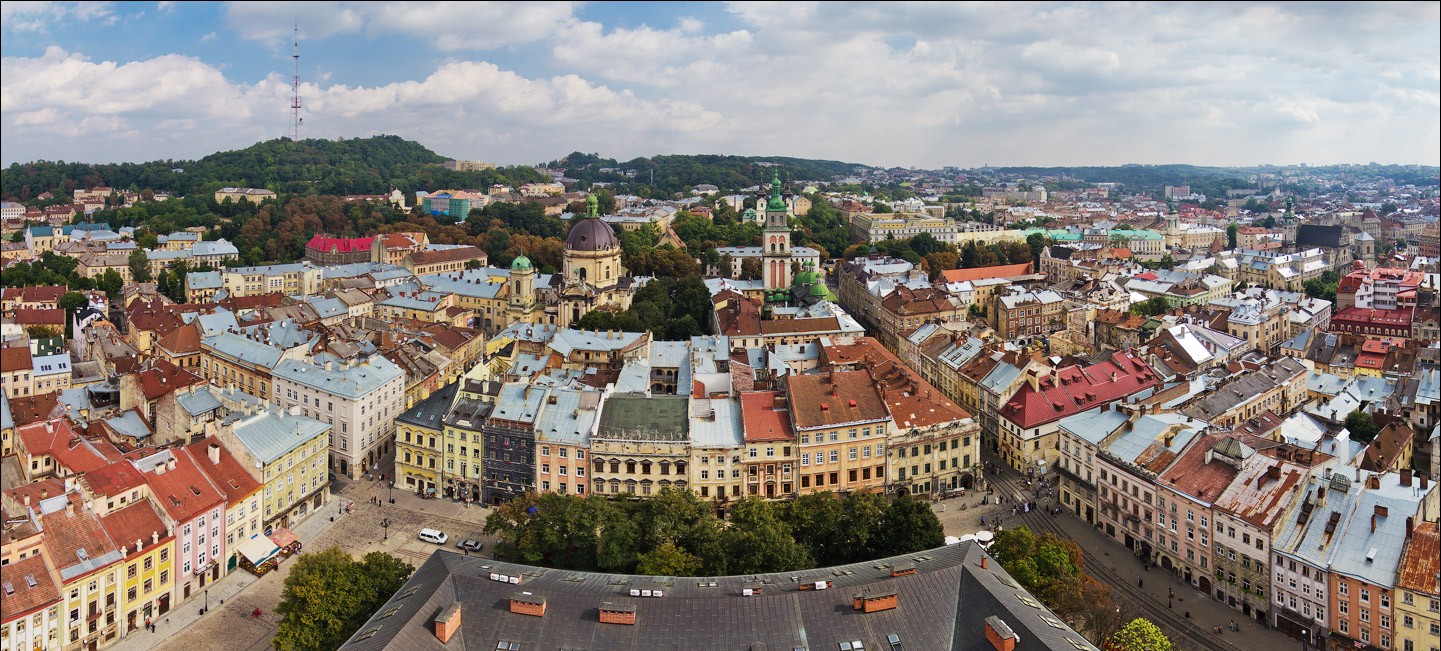
Lviv, a city in Western Ukraine that’s become a modern business hub, is the top European city to see now. Many of its highlights are found in an incredibly compact central area, making it the perfect place to explore on a weekend jaunt. Start in Rynok Square, the center of city, which is surrounded by almost 50 unique architectural monuments including the Kornyakt Palace, a Renaissance landmark. Visitors can’t miss the Lviv Opera House, a Neo-Renaissance treasure that is often compared to opera houses of Paris and Vienna. In July, the city hosts “Night Lviv,” a festival that includes over 100 night tours and theatrical performances, like a fire show, late into the night.
2. Hamburg, Germany

Located in Northern Germany on the Elbe River, Hamburg has been overshadowed by Berlin for far too long. With the diversity of being Germany’s second largest city and the outdoor opportunities of a metropolis on the water, Hamburg is primed for a great tourism boom in coming years. Providing both small town qualities with big city growth, you can stroll along Jungfernsteig on Alster Lake just as families have done throughout history or check out the city’s concert hall-in-the-making, Elbphilharmonie Hamburg, in the buzzing neighborhood of HafenCity.
3. Vilnius, Lithuania

Home to the largest Baroque old town in Eastern and Central Europe,Lithuania’s capital is a great destination for travelers interested in architecture. The Church of St. Peter and St. Paul is a Baroque masterpiece, with close to 2,000 stucco figures inside, and the pink façade of the Church of Saint Catherine makes it difficult to miss. Don’t miss St. John’s Church and its bell tower, and while Vilnius is famous for Baroque buildings, the gothic St. Anne’s Church is also a must-see. Another interesting spot, the Gates of Dawn, is a shrine within the sole surviving gate of the first original five gates in the city wall; it houses an exceptional portrait of the Blessed Virgin Mary.
4. Porto, Portugal

Built into the hillsides that rise above the Douro River, Porto has long been a favorite amongst travelers. Its historic center is a UNESCO World Heritage site and its wine is renowned the world over. Favorite spots include strolling the Ribeira district along the waterfront, visiting the Cathedral or the Sao Bento railway station to view the azulejos (ceramic hand-painted tiles), and stopping by the Lello bookshop. There are also great new buildings to see in Porto including Rem Koolhaas’ Casa de Musica, which hosts classical music concerts every Sunday at noon for less than 10 Euros.
5. Valencia, Spain
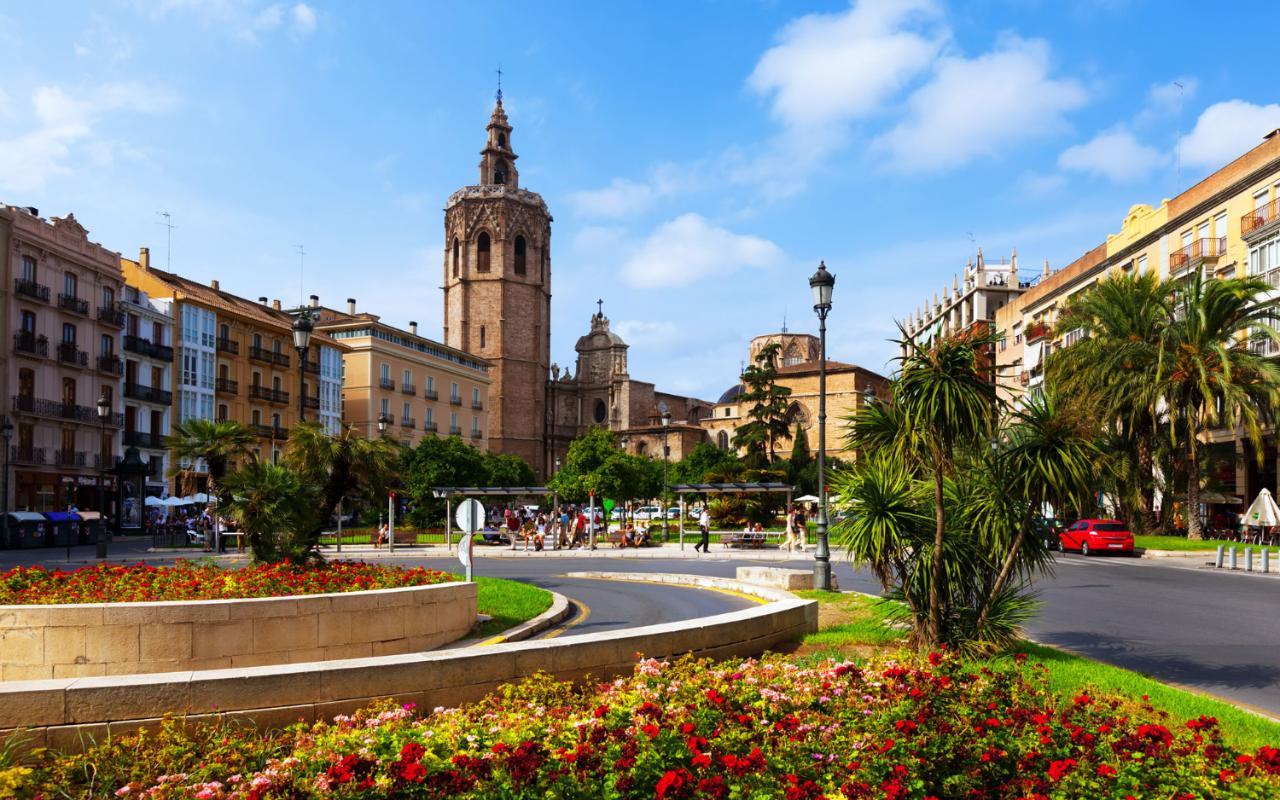
Only a short train ride from Barcelona, Valencia is finally coming into its own as Spain’s third largest city and a tourism destination in its own right. The city has a unique combination of historical sites and modern attractions. Near the Plaza de la Virgen, visitors can see a number of religious landmarks, such as the Catedral, which holds the Holy Chalice that according to tradition was used by Christ during the last Supper. Another historical site is the Llotja de la Seda (Silk Exchange), a UNESCO Heritage Site and a great example of Gothic architecture that illustrates the important role the city has in Mediterranean trade throughout history. Newer landmarks are Valencia-born “starchitect” Santiago Calatrava’s City of Arts and Sciences a complex which includes an IMAX theatre, the largest aquarium in Europe, an interactive science museum, and a four hall performance arts center.
6. Zagreb, Croatia
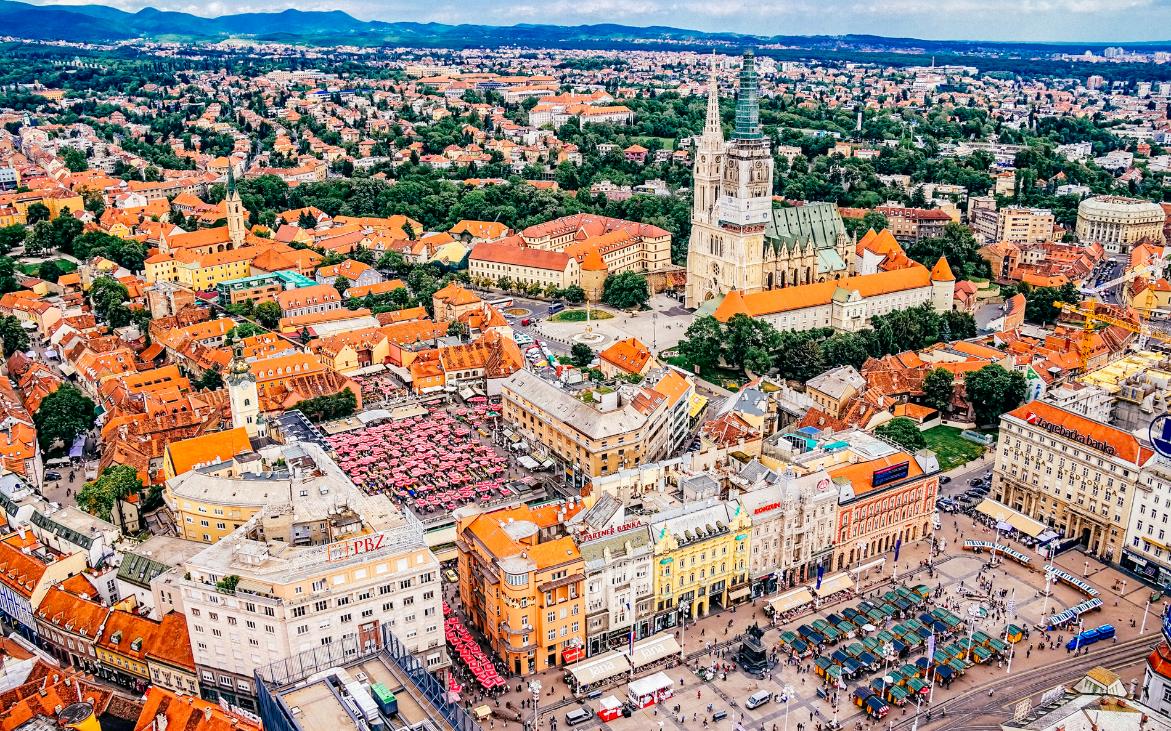
Croatia’s cities along the Adriatic Sea have long been in the limelight, but the country’s capital, Zagreb, is ready for its close-up. Members love riding the funicular to the city’s Upper Town, where the Zagreb Cathedral, St. Mark’s Church, and the Lotrscak Tower are located. The neo-gothic Cathedral is actually within a medieval fort making it a must-see for both architecture lovers and history buffs, and St. Mark’s Church is famous for the coat-of-arms on its colorful roof. The Oktagon, a shopping passage in the Lower Town, is a beautiful experience and a nice change of pace for sightseers.
7. Valletta, Malta
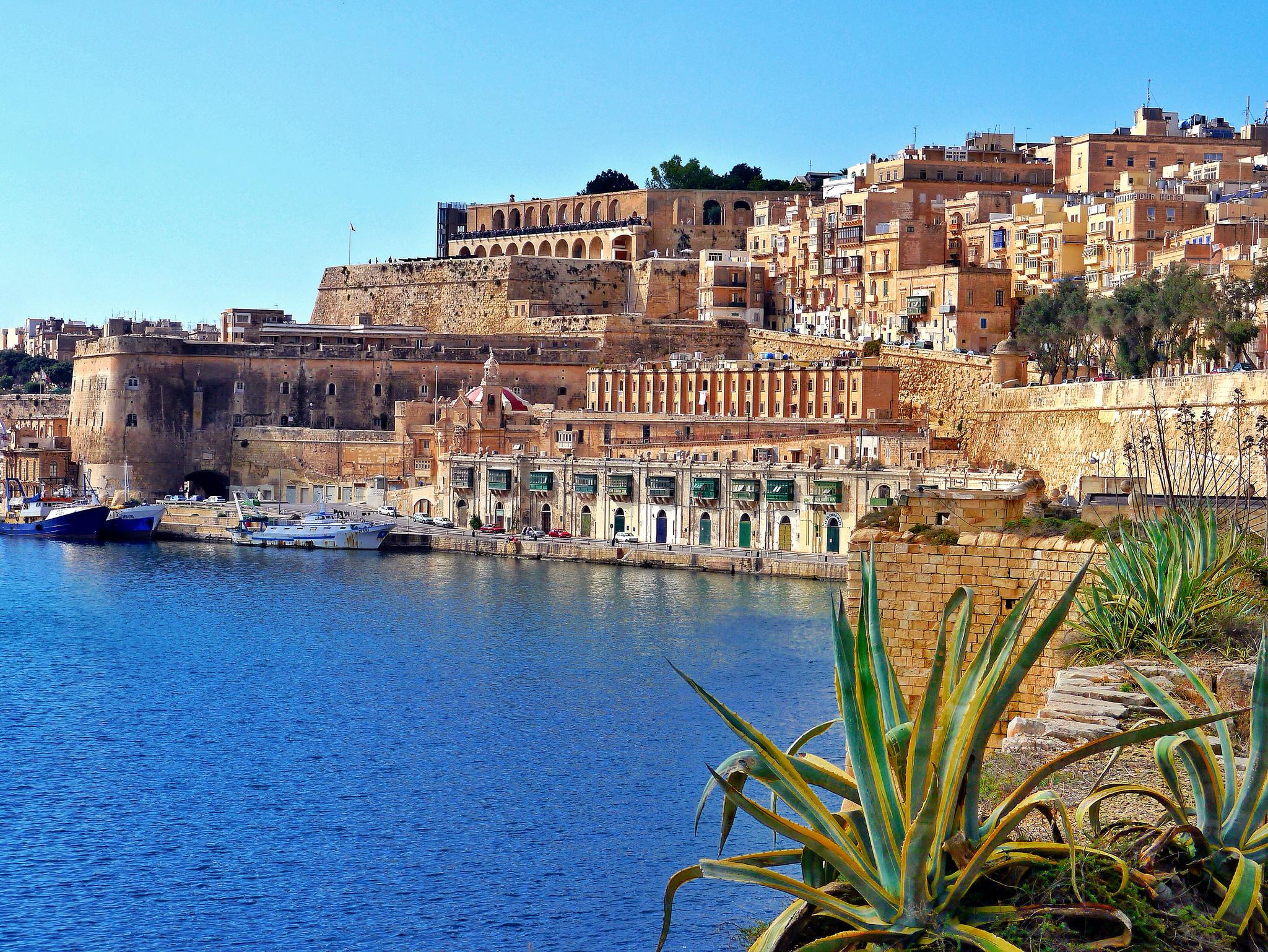
Only 93 km (58 miles) south of the Italian island of Sicily, Malta has historically had great strategic significance due to its location, and is finally coming into its own as a travel destination. Valletta, the country’s capital, is a UNESCO World Heritage Site and was recently named the European Capital of Culture for 2018. One of the most concentrated historic areas in the world, Valletta offers some truly remarkable landmarks including the Co-Cathedral of St. John with its exquisite Baroque interior and two paintings by Caravaggio.
8. Budapest, Hungary
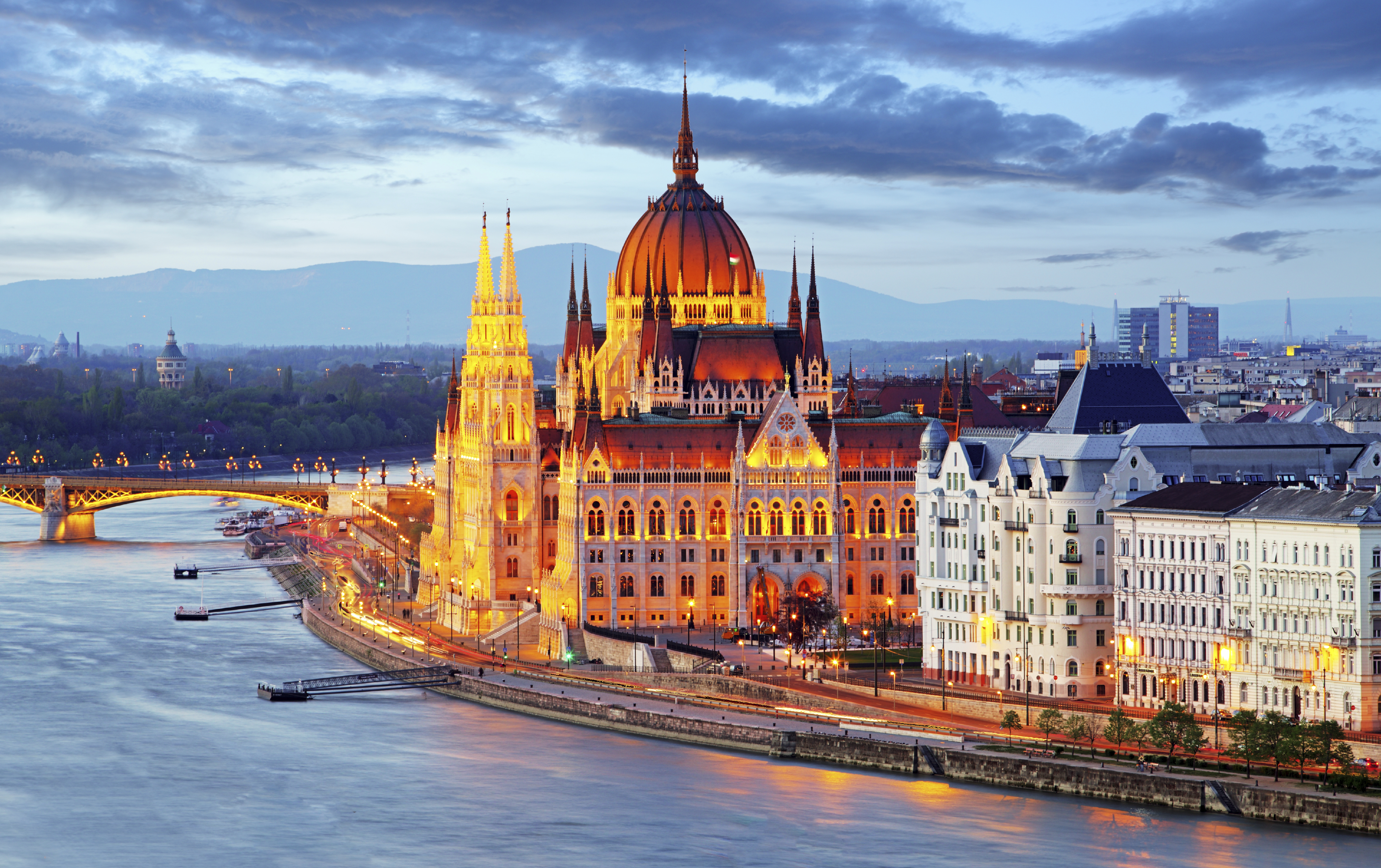
Although it has long been on lists of European cities to watch, it seems Budapest is finally primed to be a destination unto itself. Originally two separate cities on either side of the Danube, the capital is noted for its romantic architecture, landmarks with panoramic views, and spa culture. The Buda Castle, Fisherman’s Bastion, and Matthias Church in Trinity Square are lie on the Buda side of the river, while the Parliament Building and the Gresham Palace, an outstanding example of Hungarian Art Nouveau architecture (now home to the Four Seasons Hotel) are on the Pest side of the river. Enjoy photographing the sites from boat cruises along the Danube.
9. Riga, Latvia
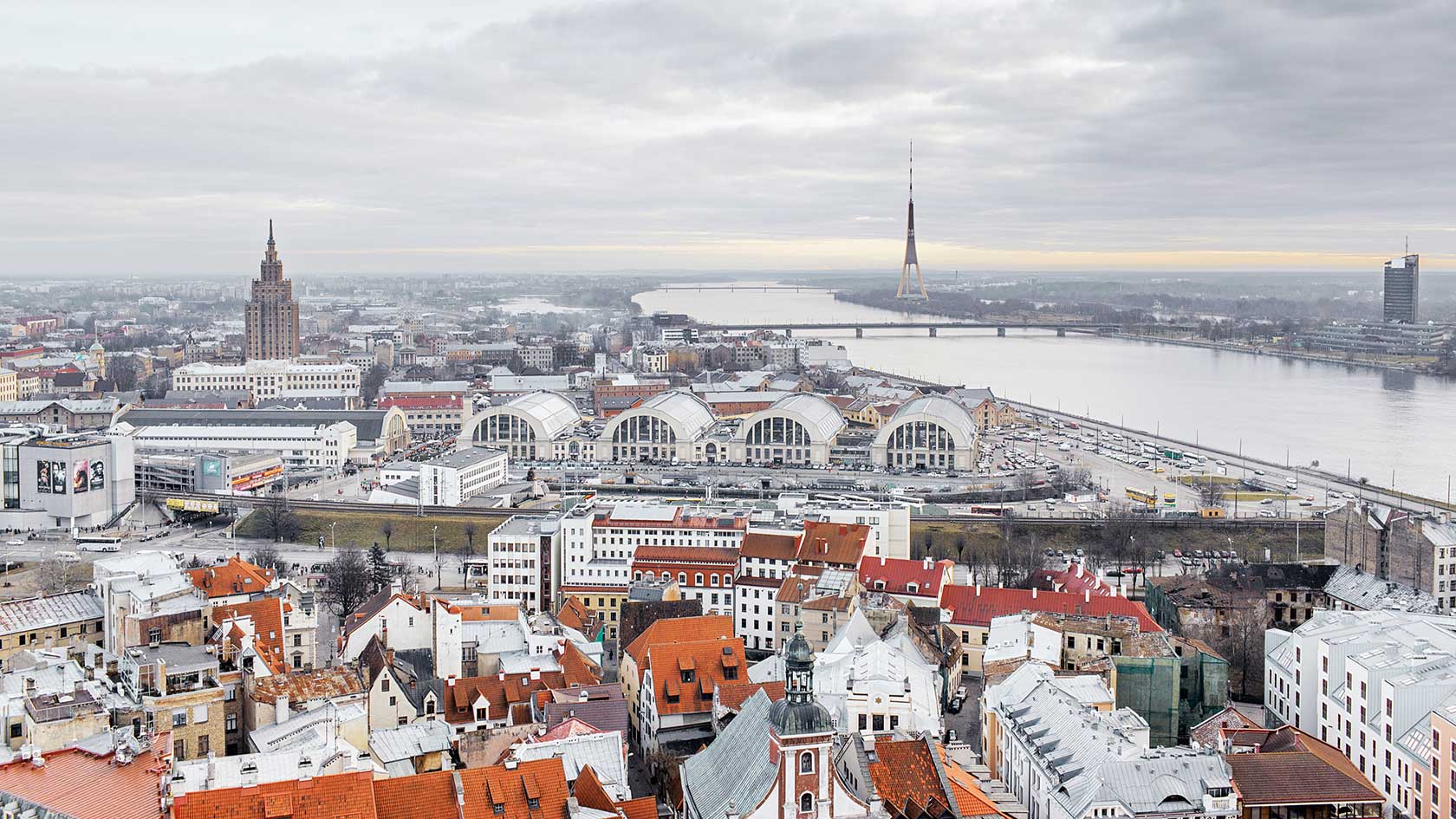
While many Baltic cities are becoming more popular with tourists, the city of Riga undoubtedly provides an eyeful for every visitor. Known for its grandiose Jugendstil facades, the city is widely recognized as having one of the greatest collections of Art Nouveau architecture in Europe. Old Riga, the historical center on the right bank of the Daugava River, is also popular with visitors for its quaint squares and cobblestoned streets. Favorite spots include St. Peter’s Church, the House of Blackheads, and the “Three Brothers,” a set of three buildings on Maza Pills Street which reflect the changing trends of Latvian architecture over time.
10. Sarajevo, Bosnia and Herzegovina
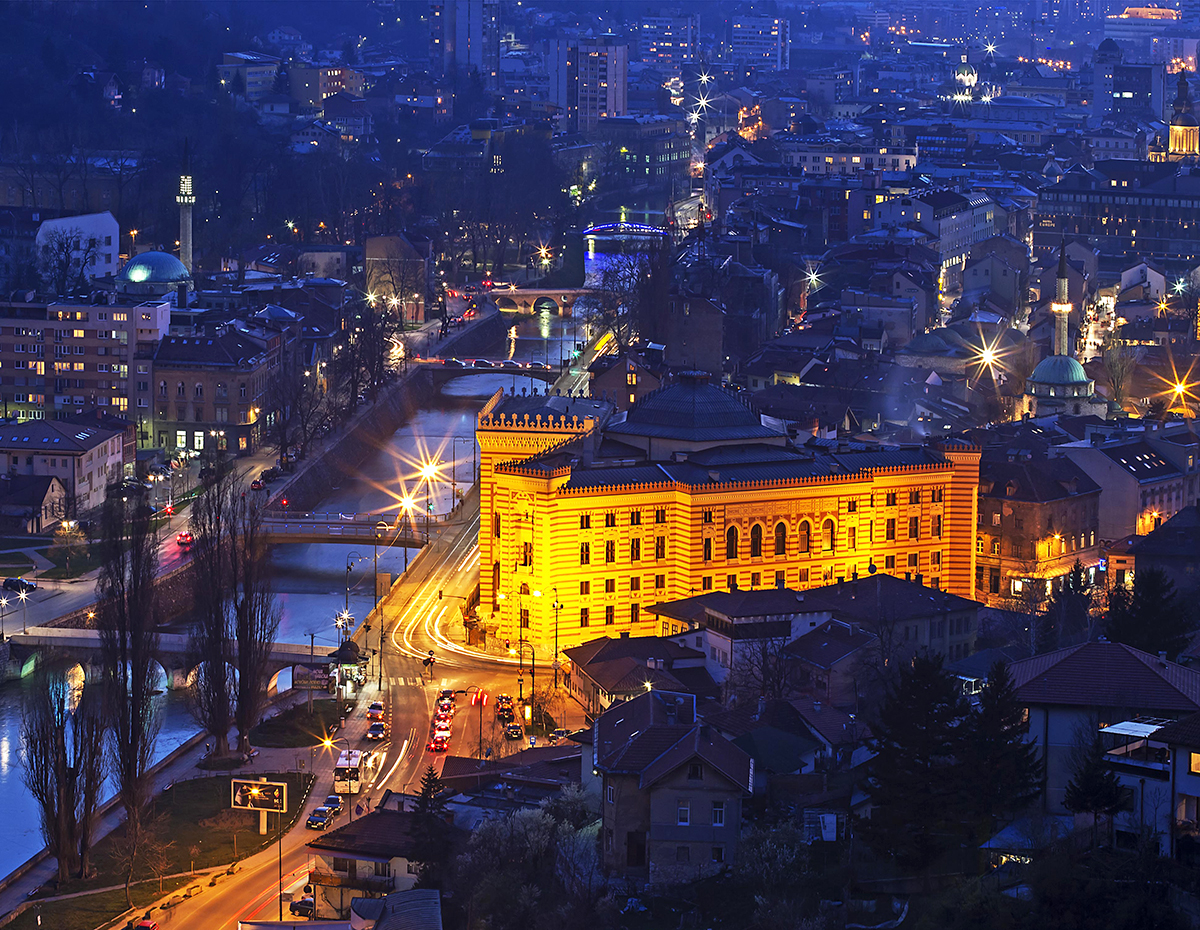
While many are aware of the city’s ethnic struggles in the 1990s, far too few know of Sarajevo’s cultural history and successful rebuilding. The city’s position made it directly in the middle of Roman, Ottoman, and Austro-Hungarian influences throughout the years, all of which are now evidenced in its diversity and its neighborhoods. Bascarsija, the Turkish area of the old town, includes the Sebilj Fountain, built with Moorish details and positioned in front of the Bascarsija Mosque. Other landmarks of note include the Serb Orthodox Cathedral, the Academy of Arts housed in a former Evangelical church, and the Latin Bridge over the river Miljacka. It was on this bridge that Austrian Archduke Franz Ferdinand was assassinated, inciting the World War I.
For more, visit virtualtourist.com





